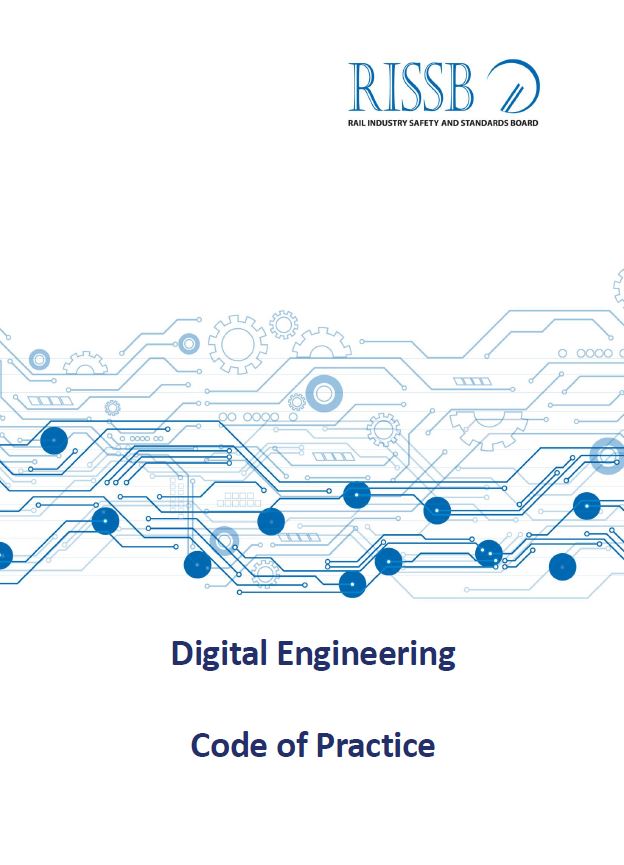This code of practice is to provide the rail industry with a guide to the use of information management standards and technology which would enable the rail industry to better manage projects by mitigating time delays, materials waste and cost overruns during the ongoing operations and maintenance (O&M) stages of the asset’s lifecycle.
This document demonstrates how DE is used to procure information as a structured information management process through the project lifecycle. By connecting and managing data through the common data environment, all project stakeholders including the end user will benefit by having the relevant information to make informed decision.
This document will:
⦁ Provide overall understanding of digital engineering and relevance to the rail infrastructure industry;
⦁ Provide understanding of the benefits of a digital engineering approach;
⦁ Outline the use of information management standards and technology to capture, explore, and maintain consistent and coordinated planning, design, construction and operational data;
⦁ Provide direction on the provision and use of digital engineering to achieve greater project insight for cost, schedule and constructability, maintainability and safety in design;
⦁ Illustrate the steps required for an organisation to change to be ready to work in a digital engineering environment.




